Summaries of books about Politics & Social Sciences:
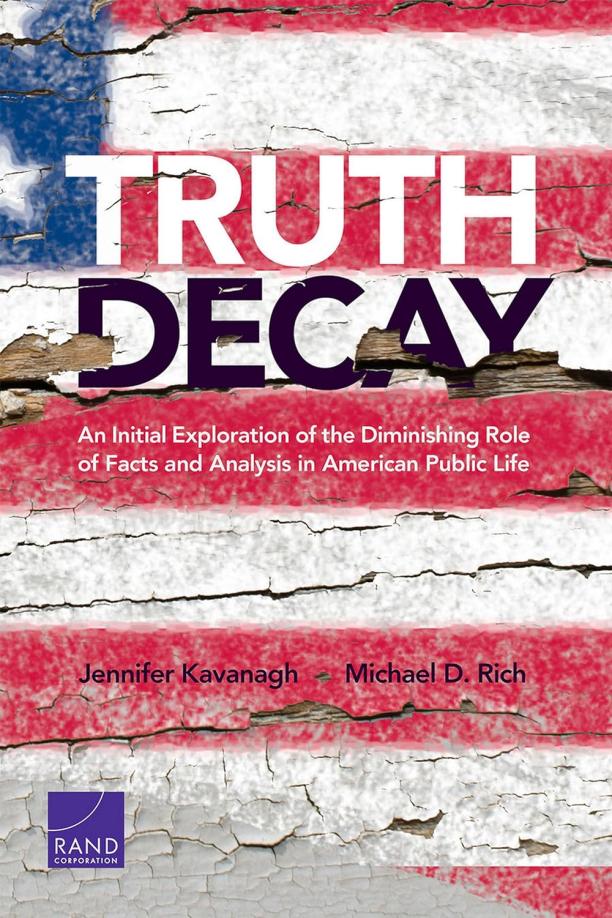
Truth Decay
An Initial Exploration of the Diminishing Role of Facts and Analysis in American Public Life
Kavanagh|Michael D. Rich
The book examines the increasing tendency of individuals and policymakers to rely less on objective facts and analysis, and more on opinion and personal belief in shaping public opinion and policy. It explores the causes and consequences of this phenomenon, including the role of social media, the decline of traditional media, and the implications for democracy and civil discourse.
See full summary
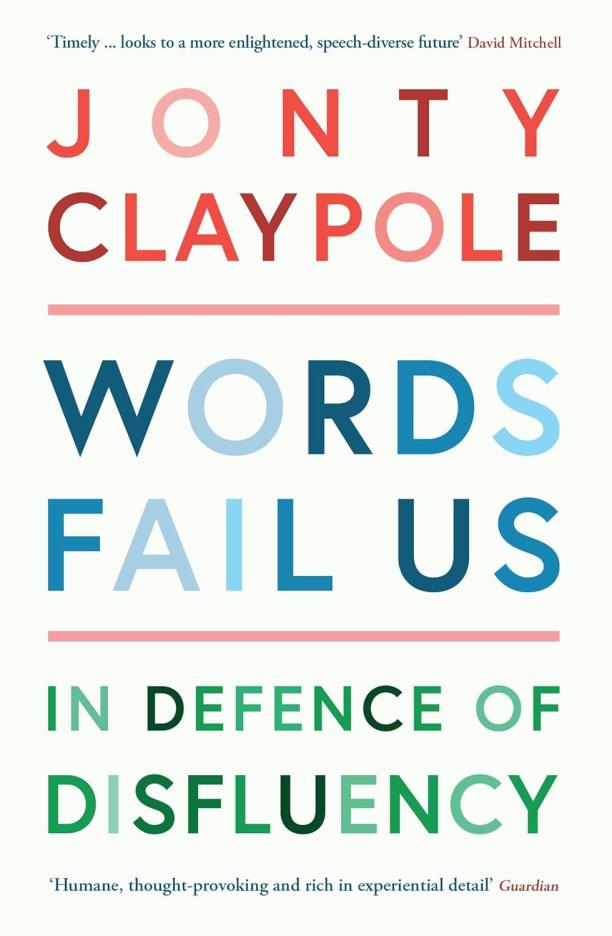
Words Fail Us
In Defence of Disfluency
Jonty Claypole
The book explores the value and richness of disfluent speech, arguing that stammers, pauses, and so-called errors can convey meaning and emotion in ways that fluent speech cannot. It challenges the stigma associated with speech imperfections and advocates for a broader appreciation of the diverse ways in which people communicate.
See full summary
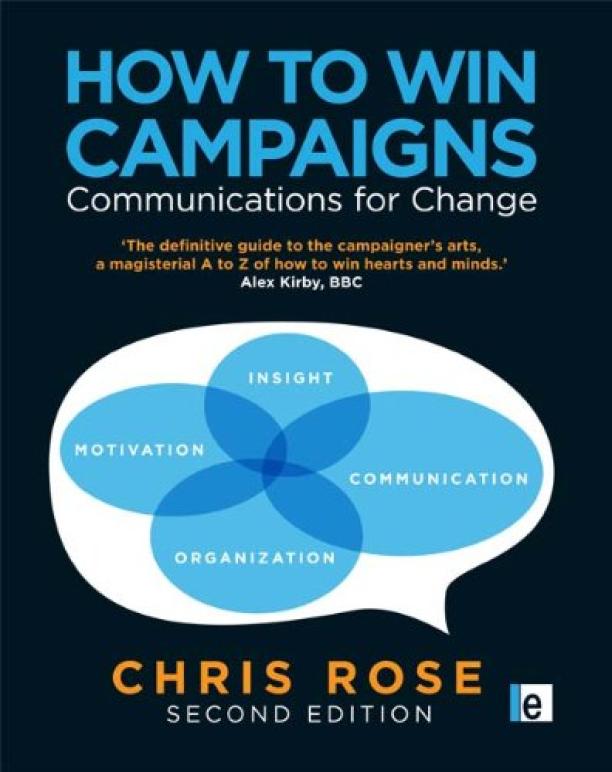
How to Win Campaigns
Communications for Change
Chris Rose
The book provides a practical framework for planning and executing effective communication strategies in advocacy and social change campaigns. It covers tactics for message crafting, audience targeting, media engagement, and the use of research and feedback to adapt and improve campaign efforts.
See full summary
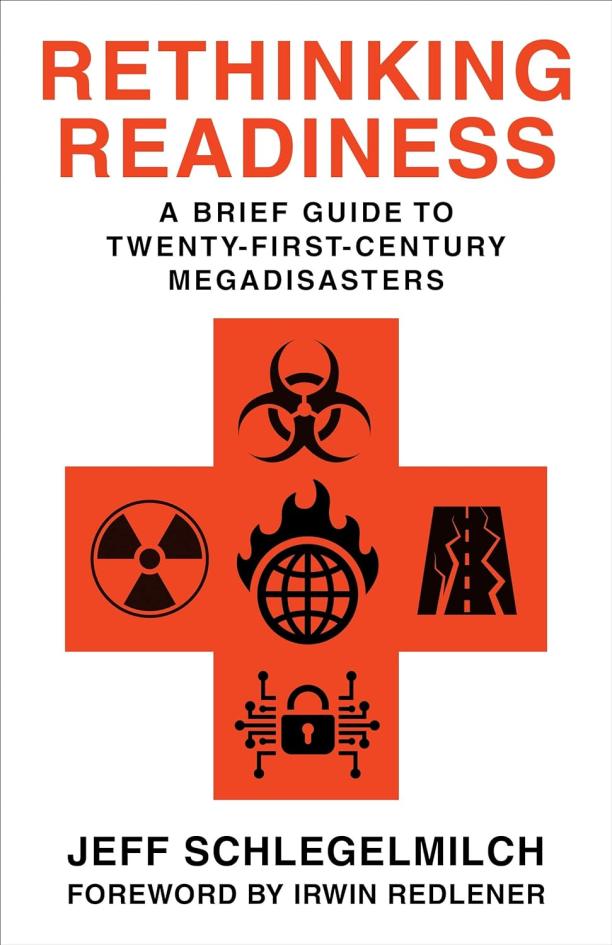
Rethinking Readiness
A Brief Guide to Twenty-First-Century Megadisasters
Jeff Schlegelmilch
The book examines the challenges posed by large-scale 21st-century disasters, such as pandemics, climate change, and cyber-attacks, and critiques the adequacy of current disaster preparedness measures. It offers insights and recommendations for improving resilience and readiness in the face of these complex, evolving threats to ensure better societal protection and response.
See full summary
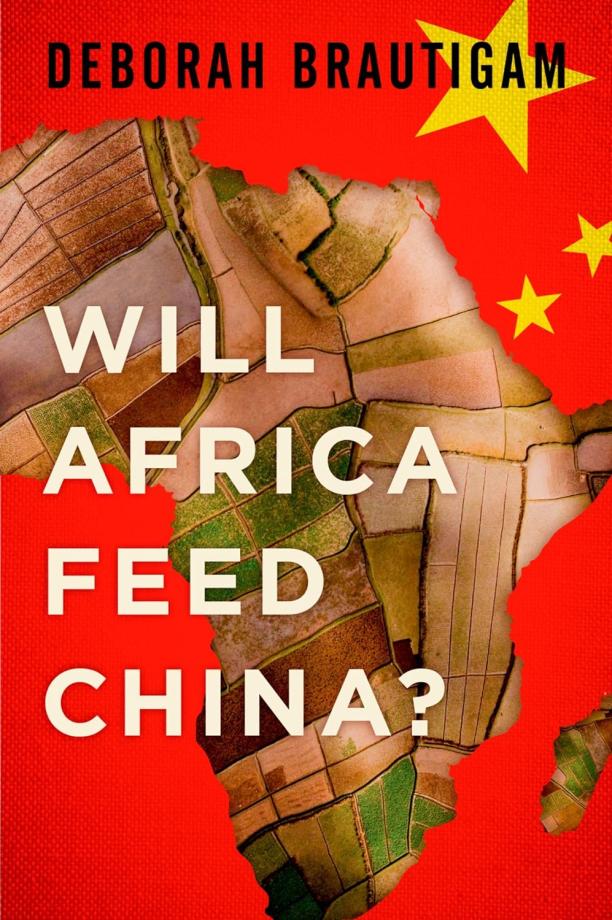
Will Africa Feed China?
Deborah Brautigam
The book critically examines the widespread belief that China is buying up vast tracts of African farmland to secure food for its own population, debunking myths with empirical evidence. It explores the real drivers of Chinese investment in African agriculture, which are more about business and development than neo-colonial exploitation.
See full summary
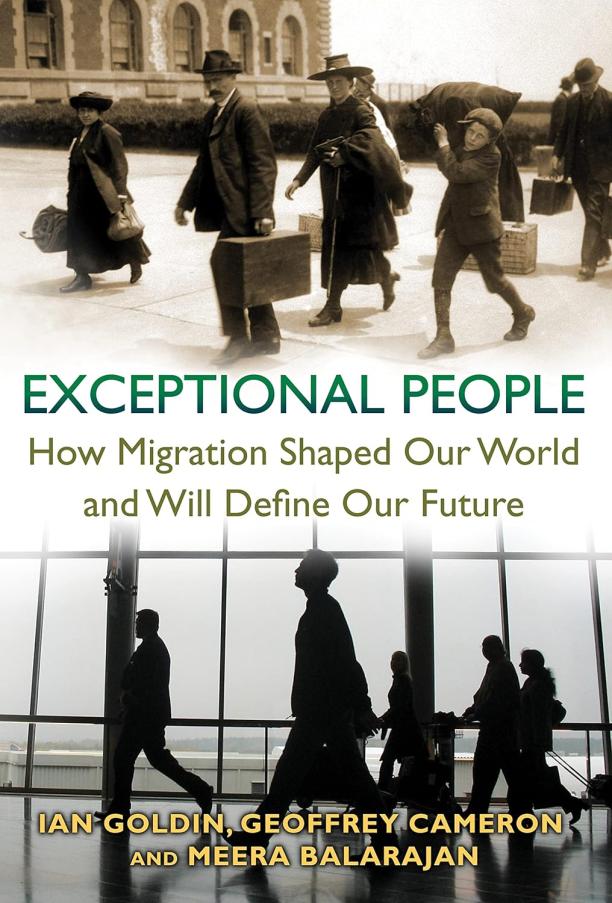
Exceptional People
How Migration Shaped Our World and Will Define Our Future
Ian Goldin|Geoffrey Cameron|Meera Balarajan
The book explores the historical impact of human migration on global development, economies, and cultures, arguing that migration has been a key driver of progress. It also discusses the potential future benefits and challenges of migration in an increasingly interconnected world, advocating for policies that harness the positive effects of migration while mitigating its downsides.
See full summary
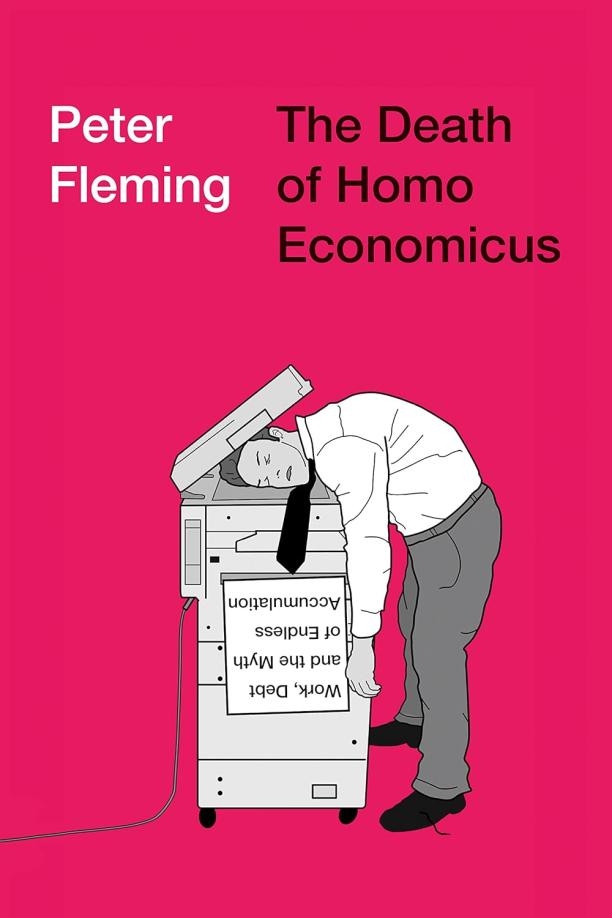
The Death of Homo Economicus
Work, Debt and the Myth of Endless Accumulation
Peter Fleming
The book critically examines the concept of Homo Economicus—the idea of humans as rational, self-interested economic agents—and argues that this model has led to a destructive work ethic, unsustainable debt, and a relentless pursuit of growth. It explores the social and psychological impacts of neoliberal capitalism, suggesting that the relentless drive for profit and efficiency undermines human well-being and social cohesion.
See full summary
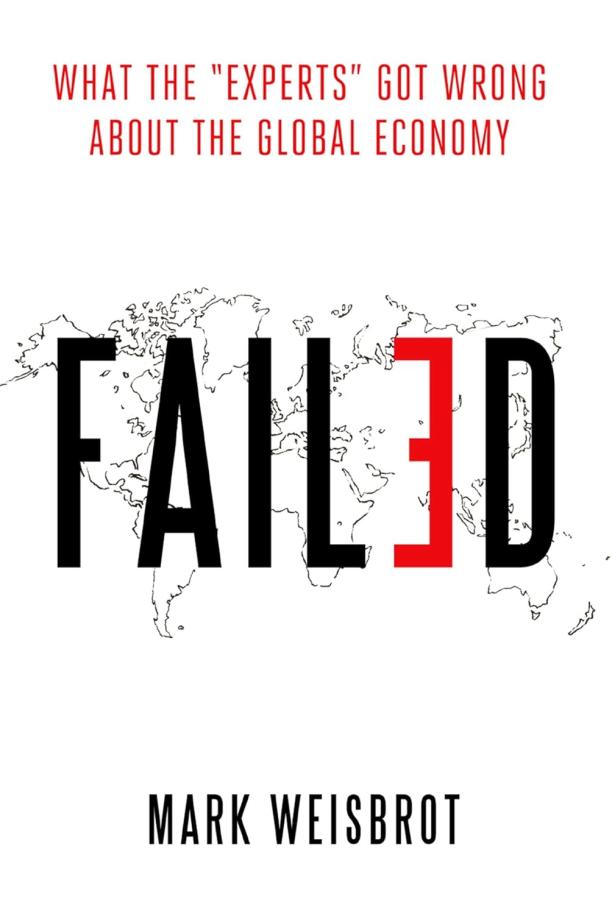
Failed
What the "Experts" Got Wrong about the Global Economy
Mark Weisbrot
The book critiques the policy recommendations of economists and international financial institutions, arguing that their advice often leads to economic failure, particularly in developing countries. It examines case studies, such as the Eurozone crisis and Latin American economies, to highlight the consequences of flawed economic policies and the need for alternative approaches to promote growth and reduce poverty.
See full summary
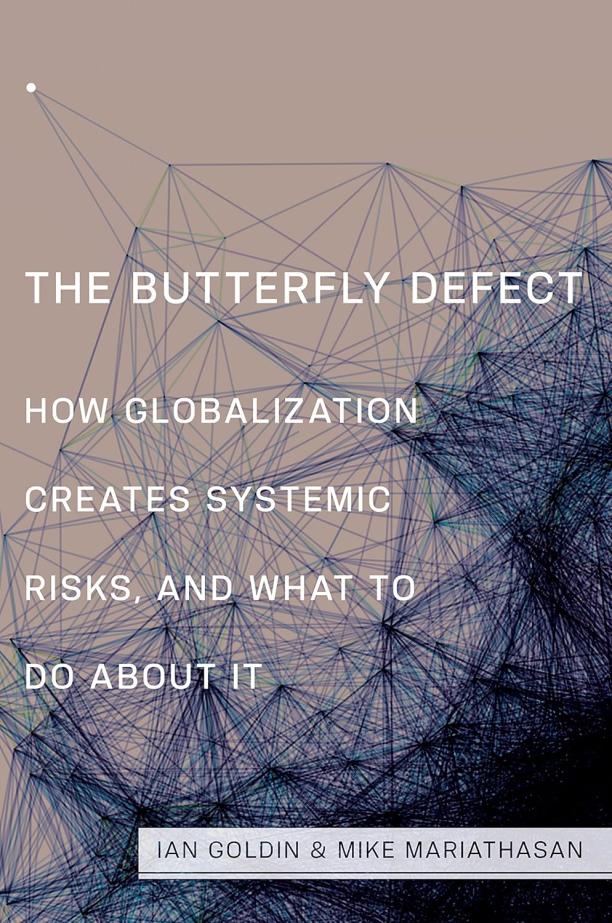
The Butterfly Defect
How Globalization Creates Systemic Risks, and What to Do about It
Ian Goldin|Mike Mariathasan
The book examines the systemic risks and vulnerabilities that arise from the interconnectedness of the global economy, such as financial crises, pandemics, and cyber attacks. It proposes strategies and policies to manage these risks, emphasizing the need for improved global governance and cooperation to ensure the benefits of globalization are not undermined by its inherent complexities and potential for widespread disruption.
See full summary
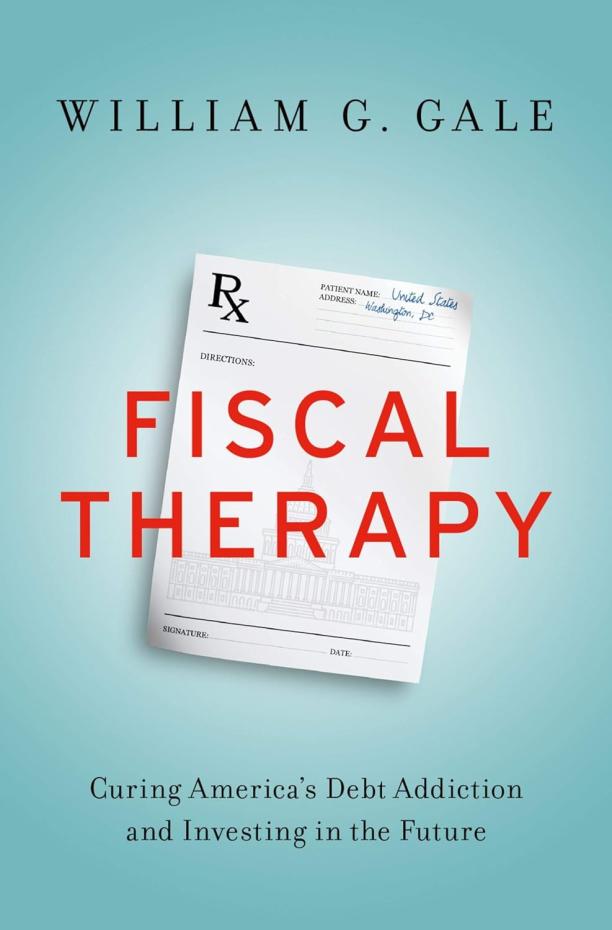
Fiscal Therapy
Curing America's Debt Addiction and Investing in the Future
William G. Gale
The book examines the United States' growing national debt and fiscal irresponsibility, proposing a range of policy solutions to stabilize and eventually reduce the debt-to-GDP ratio. It emphasizes the need for a balanced approach that includes tax reforms, spending adjustments, and strategic investments to ensure economic prosperity and intergenerational equity.
See full summary